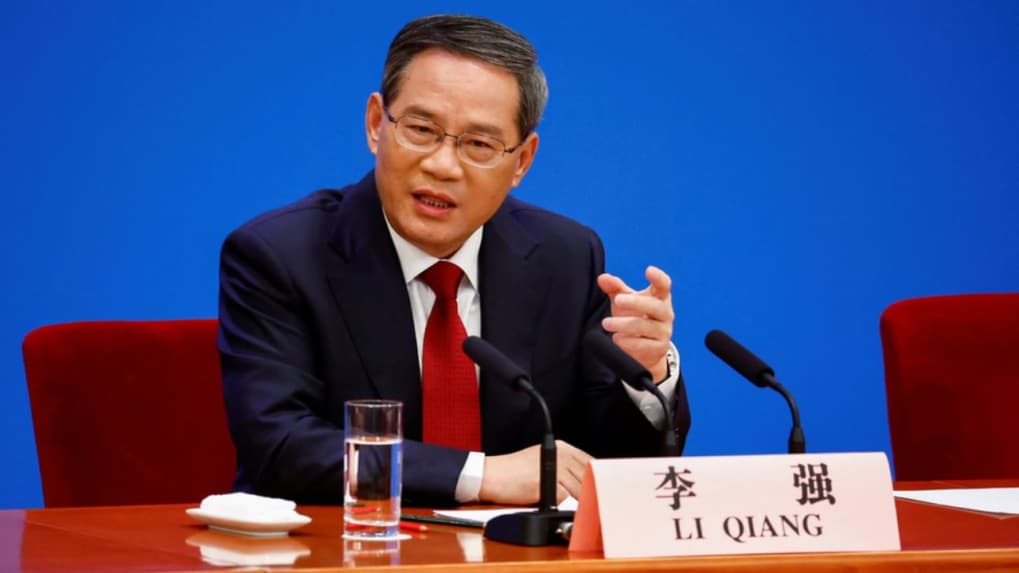Agency News
'Why buy a network that even Dentsu couldn’t fix?': Inside the gamble of Dentsu's international arm sale

In a bold move to shape the future of artificial intelligence, China has proposed the formation of a global AI cooperation organisation, signalling its ambition to take a leading role in international tech governance. The announcement came at the opening of the World Artificial Intelligence Conference (WAIC) in Shanghai, where Chinese Premier Li Qiang addressed rising concerns around fragmented AI regulation and technological inequality.
“Global AI governance is still fragmented,” Li said, highlighting the wide disparity among nations in regulatory thinking and institutional frameworks. “We should strengthen coordination to form a global AI governance framework that has broad consensus as soon as possible,” he added, without directly naming the US but clearly alluding to what he described as “technological monopolies” and export restrictions that risk turning AI into “an exclusive game for a few countries and companies.”
To advance this vision, China’s foreign ministry released a 13-point proposal that includes setting up two new AI dialogue mechanisms under the United Nations and building a safety governance framework. Beijing’s plan also emphasises expanding open-source AI platforms and sharing foundational technologies—including semiconductors—particularly with developing nations, reported Financial Times.
This approach aligns with China's recent messaging around “open” innovation and its intent to share indigenous technologies globally. Major Chinese players like DeepSeek and Alibaba have already made their large language models (LLMs) open-source, a move analysts say could disrupt Silicon Valley’s pricing power and technological supremacy.
Premier Li further stressed China’s willingness to collaborate with countries in the Global South, positioning AI as a tool for inclusive economic development. “We are willing to provide more Chinese solutions to the international community and contribute more Chinese wisdom to global artificial intelligence governance,” he said. “AI will be a new engine of economic growth.”
The backdrop to China’s proposal is its ongoing technological rivalry with the United States. Washington has placed strict export controls on advanced AI chips and semiconductor manufacturing equipment headed to China and has lobbied allies to do the same. Yet China has continued to make headway, with this year’s release of DeepSeek’s advanced LLM prompting debate about whether the US can maintain its edge.
The WAIC itself reflects China’s growing AI ambitions and global outreach. Once a primarily domestic event, this year’s edition has drawn significant international attention, with attendees including former Google CEO Eric Schmidt, Nobel Laureate Geoffrey Hinton, and AI pioneer Yoshua Bengio.
China’s announcement comes just days after the White House revealed its own roadmap to secure US dominance in AI, underscoring the escalating global competition to shape how this powerful technology evolves—and who gets to lead the conversation.
According to LinkedIn’s research with over 1,700 B2B tech buyers, video storytelling has emerged as the most trusted, engaging, and effective format for B2B marketers. But what’s driving this shift towards video in B2B? (Image Source: Unsplash)
Read MoreIndia’s parliamentary panel warns fake news threatens democracy, markets and media credibility, urging stronger regulation, fact-checking, AI oversight and global cooperation.